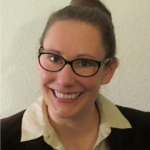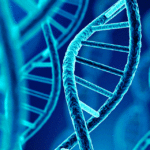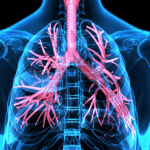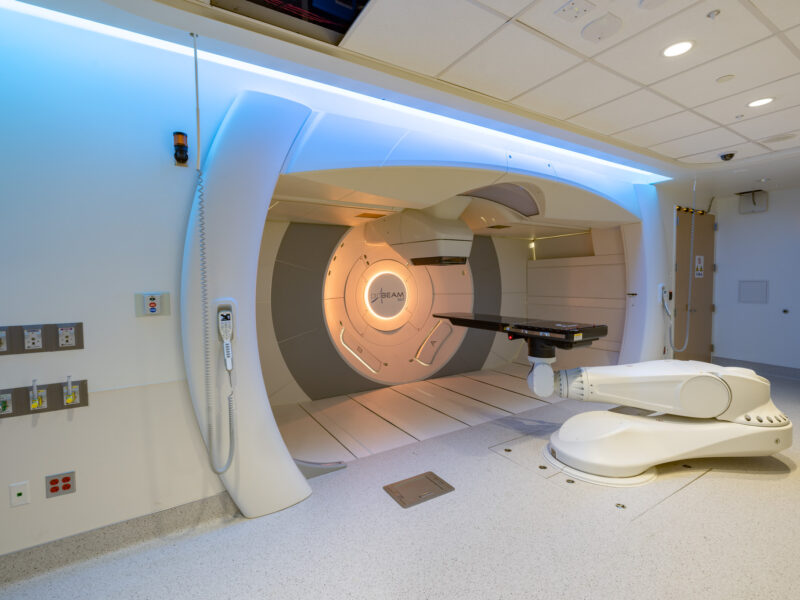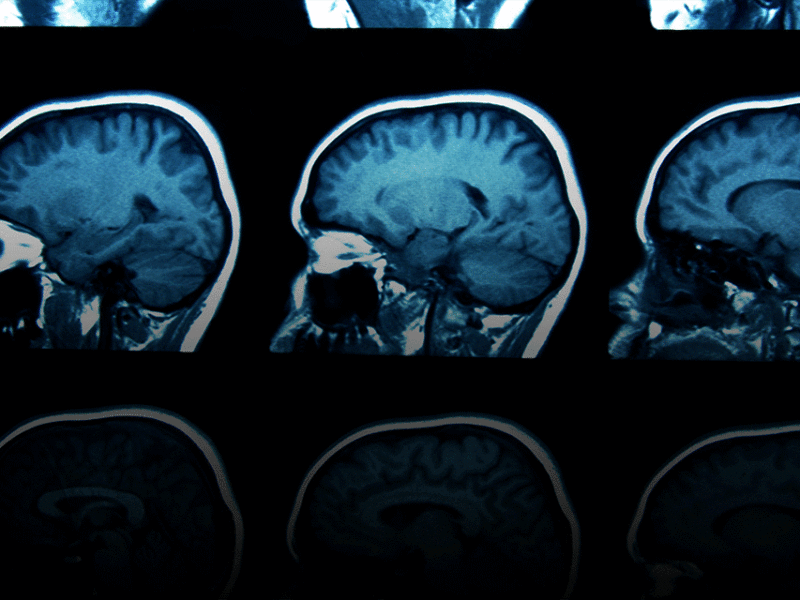Therapy With Double-Bright Natural Killer Cell Infusions Increases Response Rates Among Frail Patients With Acute Myeloid Leukemia
Therapy With Double-Bright Natural Killer Cell Infusions Increases Response Rates Among Frail Patients With Acute Myeloid Leukemia https://pediatricsnationwide.org/wp-content/uploads/2015/10/Pediatrics_Nationwide_feature_extra-art.jpg 969 533 Jessica Nye, PhD Jessica Nye, PhD https://secure.gravatar.com/avatar/?s=96&d=mm&r=g- October 26, 2021
- Jessica Nye, PhD
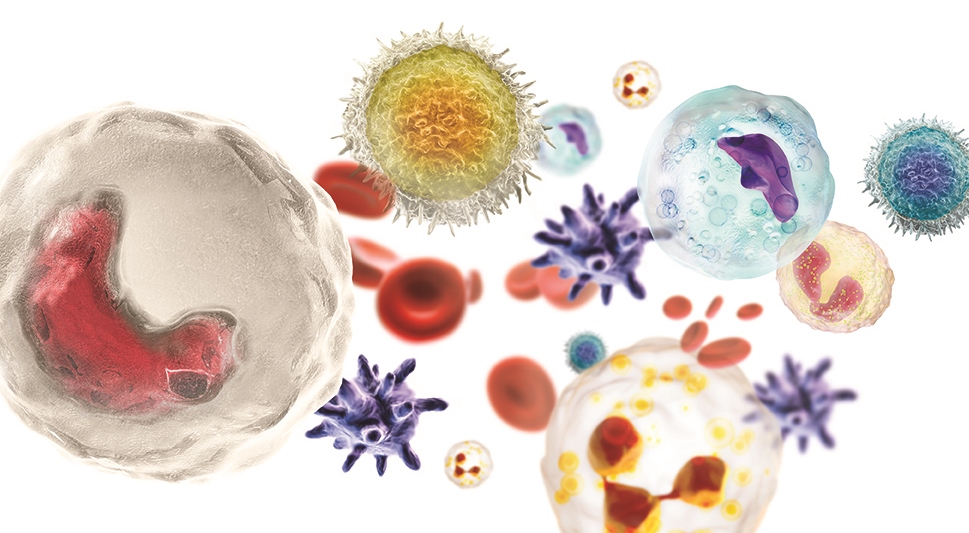
A case series of 13 patients with relapsed/refractory acute myeloid leukemia (AML) finds that a novel approach using repeated infusions of cultured natural killer (NK) cells increases overall and complete response rates.
NK cells are lymphocytes – white blood cell components of the innate immune response – that have anti-leukemic properties. Although efforts to incorporate NK cells into AML treatment started over two decades ago, the approaches for collecting NK cells only allowed for a single infusion of low cell number and were prohibitively costly.
To solve this limitation, Dean A. Lee, MD, PhD, director of the Cellular Therapy and Cancer Immunology Program at Nationwide Children’s Hospital developed an ex vivo approach that expands NK cells into large numbers of highly active “Double-Bright” (CD56+ and CD16+) NK (DB-NK) cells from healthy donors.
Dr. Lee explains that this approach yields so many cells that they are able to deliver multiple infusions of 10-times as many cells as was possible in those earlier attempts.
For this proof-of-concept study, Dr. Lee and colleagues conducted an open-label, phase 1/2 study of 13 patients with multiply-relapsed or refractory AML at the Hospital de Clínicas de Porto Alegre in Brazil between 2017 and 2019. Patients received FLAG chemotherapy (fludarabine, high-dose cytarabine and granulocyte colony-stimulating factor) and, after a 2-to-10-day rest period, six NK cell infusions were administered (3 days/week for 2 weeks) in a dose-escalation regimen of 106, 5´106 and 107 cells/kg/dose.
Patients had a median age of 22 (range, 1.6-61) years, 62% had relapsed AML, the median number of prior therapies was 5 and 69% had intermediate or high cytogenetic risk.
The overall response rate was 78.6%, in which half of treatment courses resulted in complete response, 1 course resulted in complete response with incomplete hematological recovery and there were 3 partial response cases.
“There are dozens of different subclasses of AML, and it can be difficult set treatment expectations. This particular group of patients had failed multiple treatment regimens. For how heavily treated and how frail they were, we would generally expect in a phase 1 trial to maybe get 15-25% response rates. But we were amazed at some patients who, a few days after treatment, said they were ready to go home – they were feeling well,” says Dr. Lee.
In fact, 5 patients recovered sufficiently to undergo stem cell transplantation at a median time of 87 days.
Among all patients, median overall survival was 254 days, and among those with an objective response, 344 days. Disease-free survival among all patients was 132 days, and 199 days among those with a response.
There were no infusion-related toxicities or cytokine release syndrome cases. In addition, immune reconstitution was observed to be dominated by T cells among most patients, which may indicate that NK cell infusions were influencing immune responses.
“This combination of chemotherapy is highly associated with infectious complications. We actually had no serious infections. The patients all were doing really well, and some preexisting infections actually went away after we give them the NK cells,” says Dr. Lee.
This trial not only demonstrated the utility of NK-cell therapy for aggressive cancers but proved that this novel technology can be made available to all patients.
“We were able to get a research group in a less advantaged country – not a university hospital, but in a state hospital ¾ and make it work for them. There are a lot of great developments in cell and gene therapy, but if they all stay in “ivory tower” institutions, it really doesn’t have the potential to change lives and move the field. Clearly, if we can get it to happen in the south of Brazil, this is something that can happen anywhere. Our ability to collaborate with a group across continents, and to help them develop cell therapy approaches, is really satisfying.”
Dr. Lee and colleagues will be conducting a follow-up trial at Nationwide Children’s and collaborating institutions that will begin recruiting patients in early 2022. This FDA-approved trial will be the first study to test the impact of DB-NK cells from healthy “universal” donors on pediatric patients with AML. Nationwide Children’s will serve as the central manufacturer for all of the NK cell products delivered in this study.
Reference:
Silla L, Valim V, Pezzi A, da Silva M, Wilke I, Nobrega J, Vargas A, Amorin B, Correa B, Zambonato B, Scherer F, Merzoni J, Sekine L, Huls H, Cooper LJ, Paz A, Lee DA. Adoptive immunotherapy with double-bright (CD56bright/CD16bright) expanded natural killer cells in patients with relapsed or refractory acute myeloid leukaemia: a proof-of-concept study. British Journal of Haematology. Published online September 7, 2021.
Image credit: Nationwide Children’s
About the author
Jessica Nye, PhD, is a freelance science and medical writer based in Barcelona, Spain. She completed her BS in biology and chemistry and MS in evolutionary biology at Florida State University. Dr. Nye studied population genetics for her doctorate in biomedicine at University of Pompeu Fabra. She conducted her postdoctoral research on the inheritance of complex traits at the Autonomous University of Barcelona.
-
Jessica Nye, PhDhttps://pediatricsnationwide.org/author/jessica-nye-phd/
-
Jessica Nye, PhDhttps://pediatricsnationwide.org/author/jessica-nye-phd/January 3, 2022
-
Jessica Nye, PhDhttps://pediatricsnationwide.org/author/jessica-nye-phd/
-
Jessica Nye, PhDhttps://pediatricsnationwide.org/author/jessica-nye-phd/
- Posted In:
- Clinical Updates
- In Brief
- Research



